Marc Fogel, an American history teacher who was detained in Russia for over three years, has been released and returned to the United States.
His release, facilitated by the Trump administration, marks a significant diplomatic development that could influence future negotiations between Washington and Moscow.
Fogel was arrested in August 2021 at Sheremetyevo Airport in Moscow for carrying medically prescribed marijuana and was sentenced to 14 years in a high-security Russian prison on charges of drug smuggling.
Upon his return, Fogel was greeted by US President Donald Trump at the White House. Draped in an American flag, he expressed his gratitude, saying, “I feel like the luckiest man on Earth right now.” Trump, standing beside him in the White House Diplomatic Reception Room, remarked, “To me, he looks damned good.”
Fogel’s release was overseen by Steve Witkoff, Trump’s special envoy to the Middle East, who made an unannounced stop in Moscow to retrieve him.
While specifics regarding the terms of the agreement remain unclear, Trump described the deal as “very fair, very reasonable,” adding that Russia treated the US “very nicely.” The president also suggested that this release could be a stepping stone toward ending the ongoing war in Ukraine.
Why Fogel was arrested in Russia
Fogel, a Pennsylvania native, had been an educator at the Anglo-American School in Moscow for nearly a decade, primarily teaching the children of diplomats.
Before his final year at the school, he travelled to Russia carrying a small quantity of marijuana, which he used for chronic back pain. Despite holding a medical prescription from Pennsylvania, he was charged with drug smuggling under Russian law, which does not recognise medical marijuana use.
His sentencing to 14 years in a penal colony sparked widespread criticism. Former US diplomat Eric Rubin, who advocated for Fogel’s release, described the arrest as “essentially a hostage-taking situation.”
Rubin also suggested that Russian authorities might have known in advance about Fogel’s medical marijuana and deliberately set him up. Compared to Russian citizens convicted of similar offenses, who often receive probation, Fogel’s severe punishment raised suspicions of political motives.
Until 2020, teachers at the Anglo-American School in Moscow had enjoyed diplomatic immunity, but as tensions between the US and Russia escalated, their protections were revoked. In 2022, Russian authorities forced the school to shut down completely, further straining relations between the two nations.
How Fogel endured a life in detention
Following his conviction, Fogel was transferred to a remote labour camp in northern Russia, where he endured harsh conditions and received substandard medical care.
His family voiced concerns over his deteriorating health, citing severe back issues, and urged the US government to act swiftly. They feared that his elderly mother might never see him again and criticised the Biden administration for not prioritising his case earlier.
A website run by his supporters detailed his suffering, stating that he had a history of chronic pain and had planned to declare his medical marijuana at Russian customs. The site also highlighted past instances where Russian authorities had allowed foreigners to enter the country with medically prescribed cannabis.
Fogel’s case drew comparisons to that of WNBA star Brittney Griner, who was also detained in Russia on drug charges but was released in December 2022 after nearly ten months in custody.
Unlike Fogel, Griner was swiftly exchanged for Viktor Bout, a convicted Russian arms dealer. The delay in Fogel’s release fuelled criticism that his case had been neglected.
His supporters also pointed out that the US government had prioritised securing freedom for Wall Street Journal reporter Evan Gershkovich and corporate security executive Paul Whelan, who were included in a high-profile prisoner swap in August 2024.
How Fogel’s family reacted
Fogel’s family released an emotional statement expressing their relief and gratitude: “We are beyond grateful, relieved, and overwhelmed that after more than three years of detention, our father, husband, and son, Marc Fogel, is finally coming home. This has been the darkest and most painful period of our lives, but today, we begin to heal.”
His mother, Malphine, who had been outspoken about her son’s case, described her shock and disbelief upon hearing of his release. “It was just a total shock,” she said in an interview. “It’s just an unbelievable situation.”
Pennsylvania Representative Chris Deluzio, part of a bipartisan group that had pushed for Fogel’s release, also welcomed the news. “While we still don’t know all the details of the agreement, we are thankful that Marc Fogel is finally coming home,” he said.
Though the Russian government has yet to comment on Fogel’s release, the case underscores the broader issue of Americans detained in Russia.
Several US citizens, including dual-national Ksenia Khavana and former Marine Robert Gilman, remain imprisoned under contentious circumstances. Their fates remain uncertain as diplomatic efforts continue.
A thaw in future US-Russia relations?
Fogel’s release comes at a crucial time in US-Russia relations, with Trump seeking to improve diplomatic ties and potentially negotiate an end to the war in Ukraine.
Trump suggested that another American detainee would be freed soon but declined to provide further details. He also announced that US Treasury Secretary Scott Bessent would visit Kyiv for discussions with Ukrainian leaders.
US Vice President JD Vance, Secretary of State Marco Rubio, and Trump’s special envoy for Russia and Ukraine, retired General Keith Kellogg, are set to attend the upcoming Munich Security Conference, where discussions on the Ukraine conflict are expected to take center stage.
Kellogg hinted that these meetings would outline potential peace strategies, which Trump could later take forward in direct negotiations.
With inputs from agencies


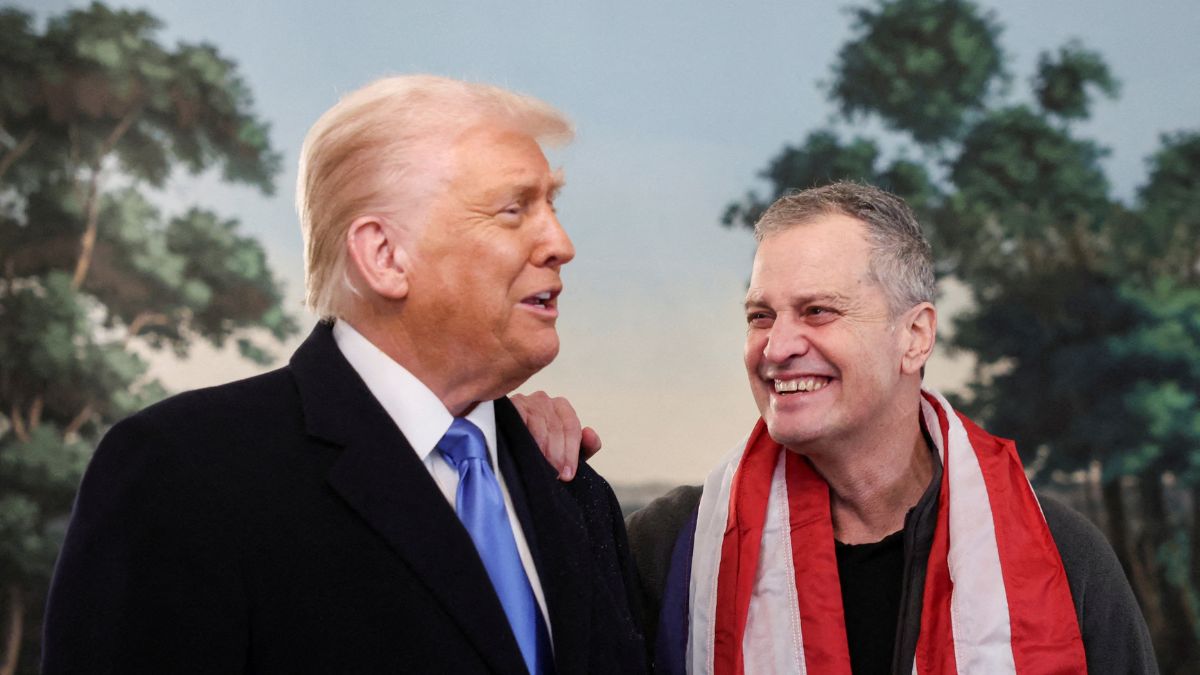)
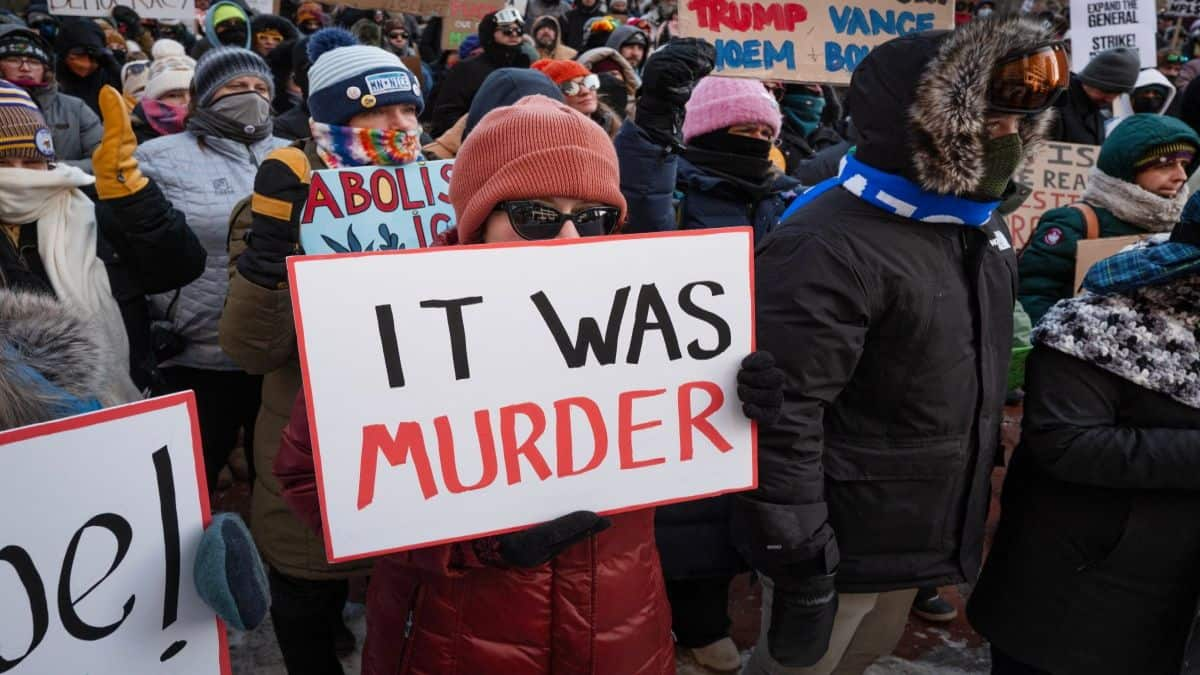
)
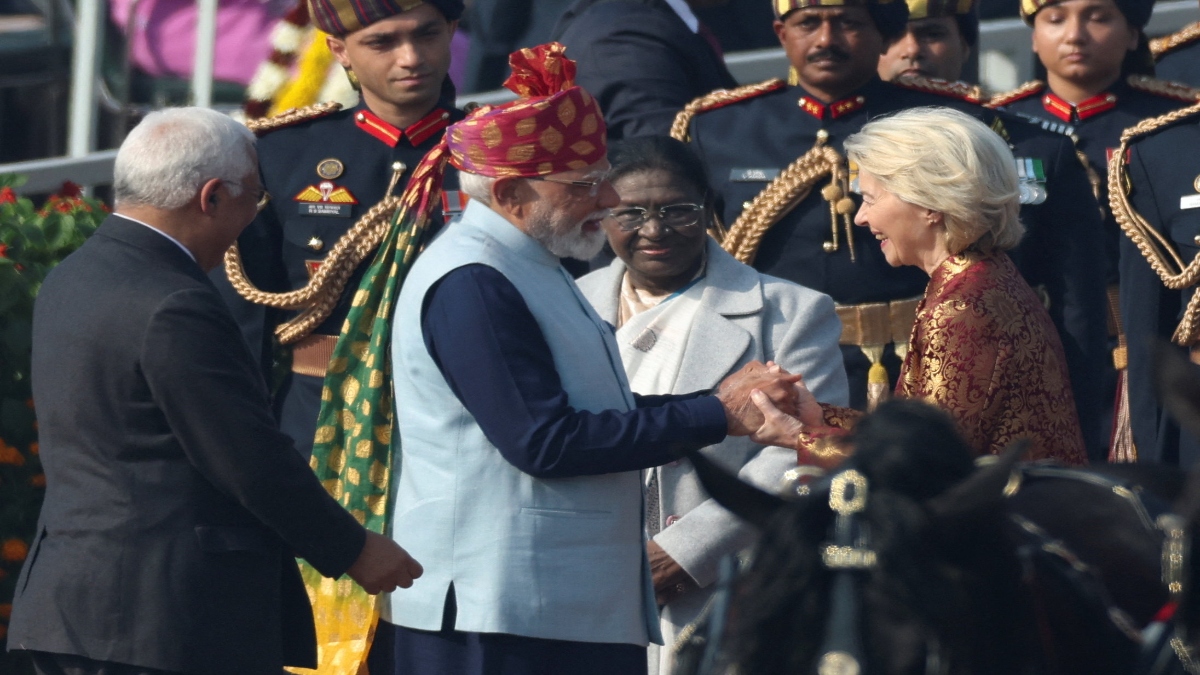)
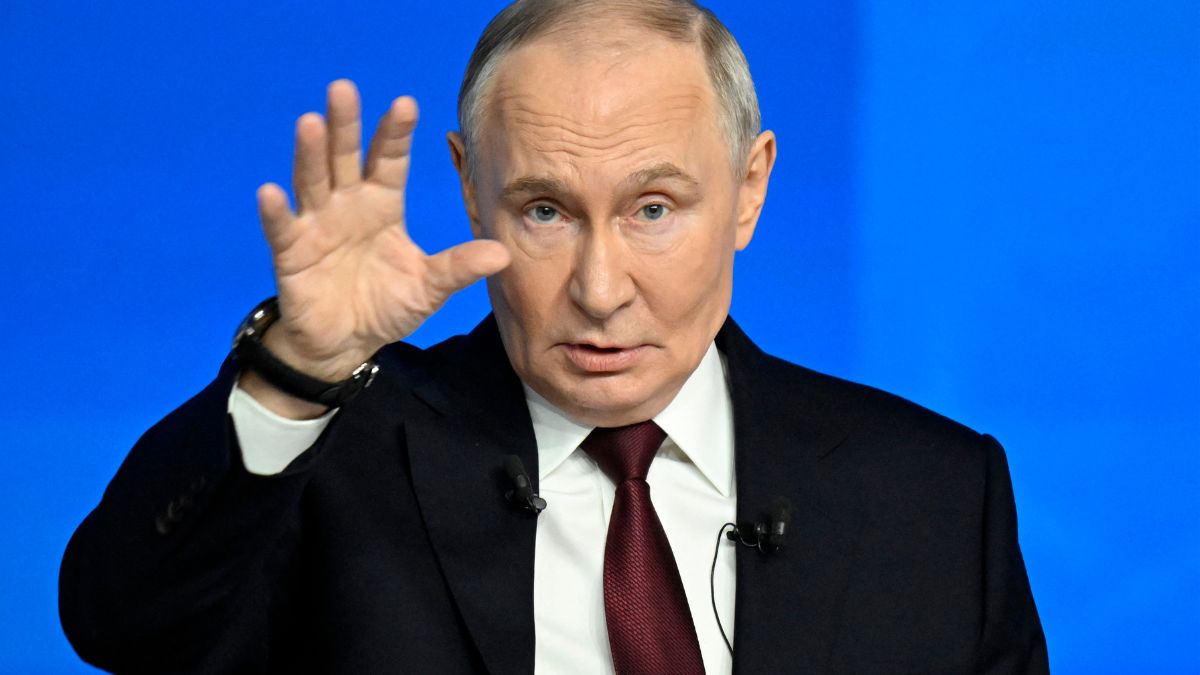)
)
)
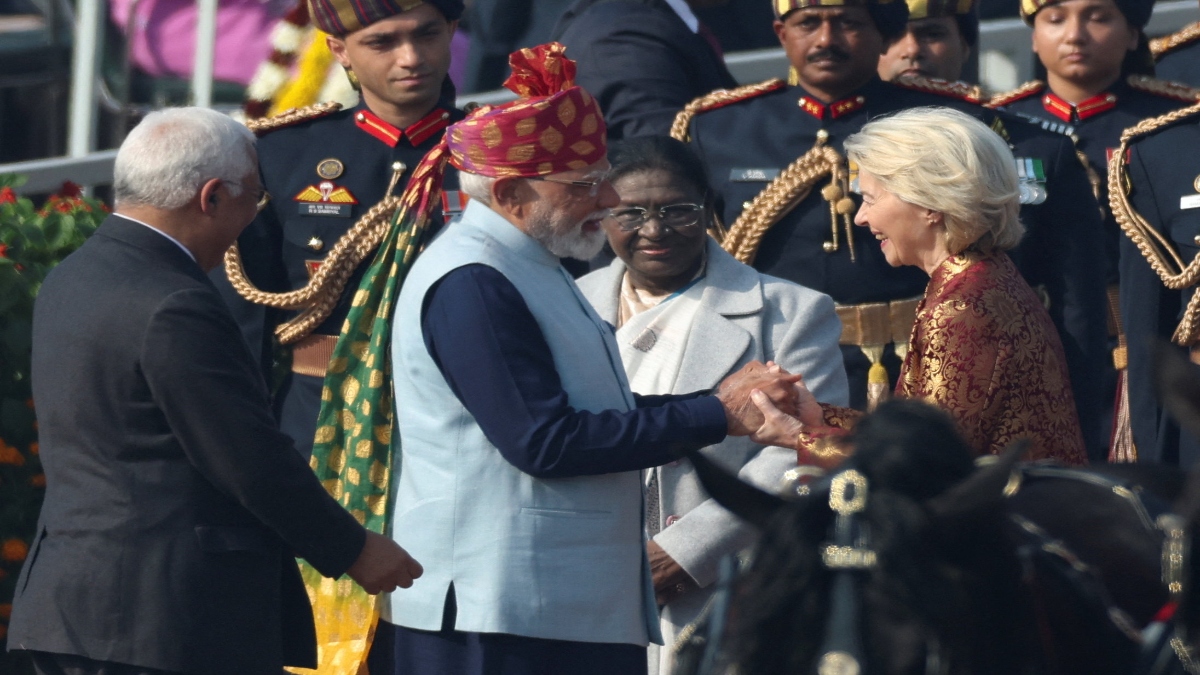)
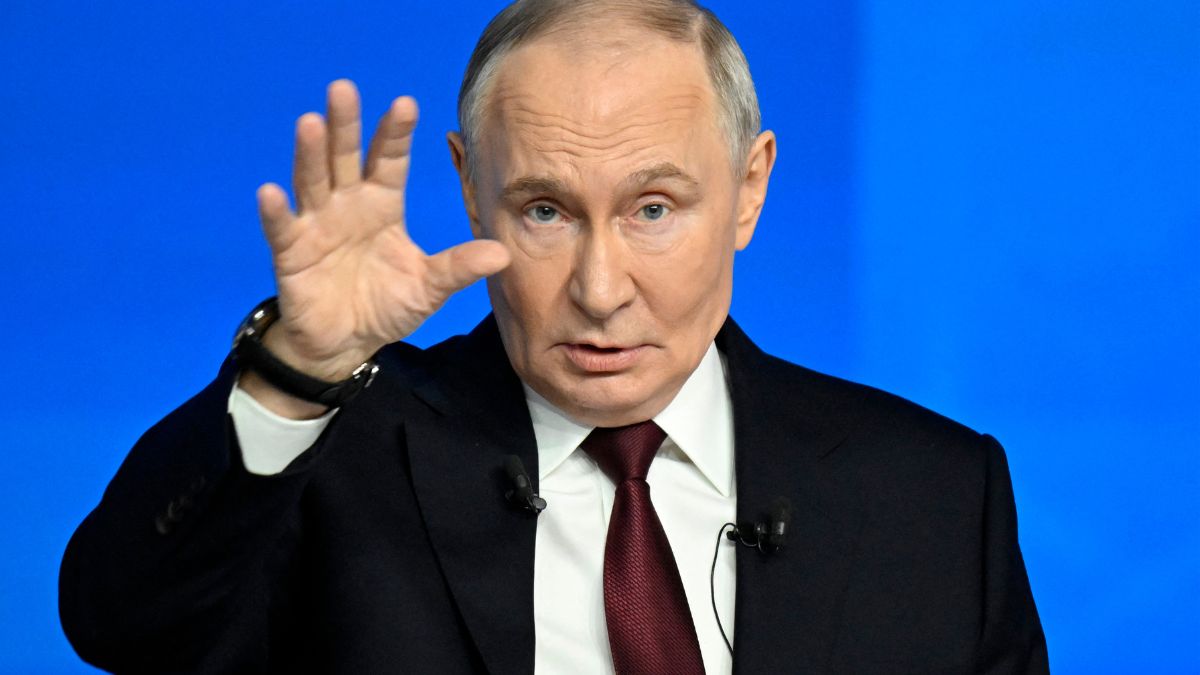)
)



